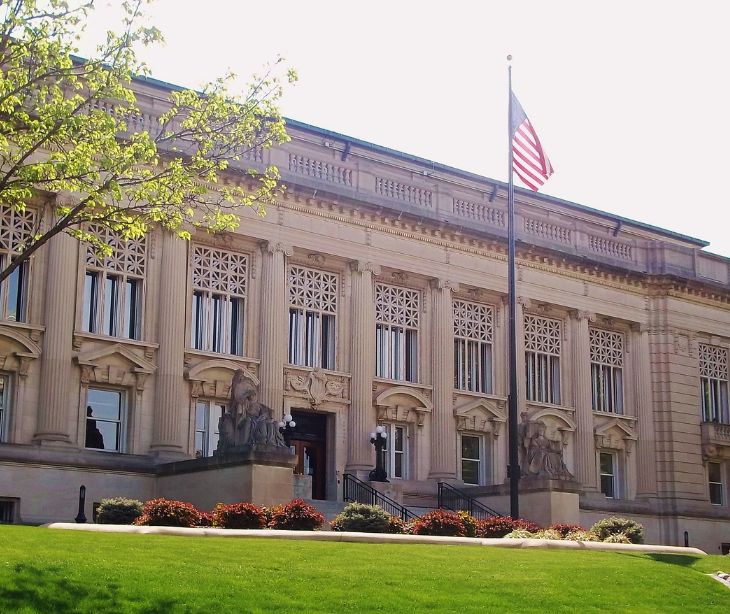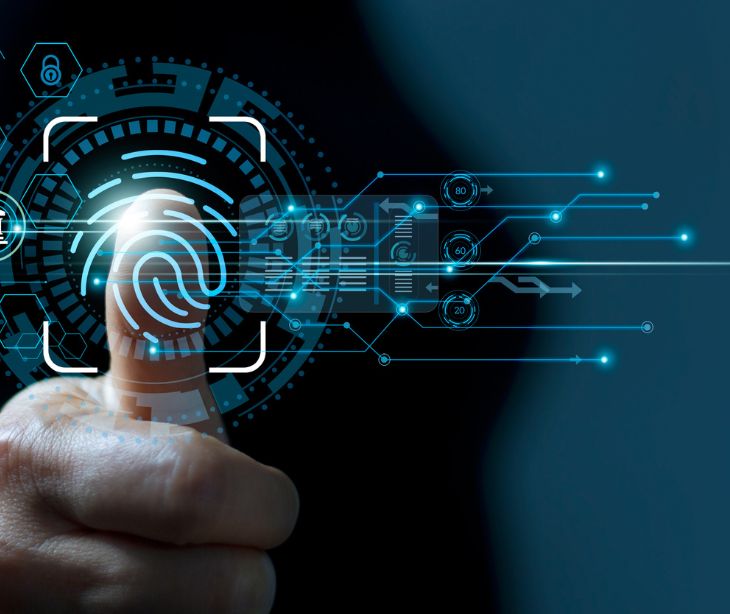1 min read
Illinois Supreme Court deliberates on nurses’ biometric privacy
 Dean Levitt
September 28, 2023
Dean Levitt
September 28, 2023

Two Chicago area nurses allege their hospitals violated Illinois' biometric privacy law by using fingerprint scanners without consent, sparking a significant case in the state Supreme Court.
Key developments
- The nurses claim they were required to use fingerprint scanners to access medicine cabinets without giving consent or receiving information on data storage and deletion.
- Defendants, including Northwestern Medicine and UChicago Medicine, argue that there's a healthcare treatment exemption under HIPAA law.
In a nutshell
As reported by WAND-TV, the case hinges on whether healthcare workers should be excluded from biometric privacy protections, with the plaintiffs arguing against the defendants' interpretation of the law that leaves workers unprotected.
What you need to know
- The Illinois Health and Hospital Association and Illinois Chamber of Commerce support excluding healthcare workers from biometric privacy protections.
- In contrast, the American Nurses Association backs the nurses who initiated the legal challenge.
What they're saying
Attorney Jim Zouras said, "HIPAA has nothing to do with worker data. HIPAA has nothing to do with the rights of employees or the duties of employers."
"Healthcare providers' use of automated dispensing cabinets to access medications and medical supplies to treat patients is unquestionably healthcare treatment under HIPAA," said attorney Bonnie DelGobbo. "As such, it falls squarely within this exclusion that the legislature has drafted for us."
HIPAA compliance in focus
HIPAA, a significant compliance standard in healthcare, primarily deals with patient data protection. In this case, the defendants argue that the use of biometrics for healthcare treatment, payment, or operations falls under HIPAA exemptions.
However, the plaintiffs counter that this exemption should only apply to patient data, not employee data. The court's ruling will not only clarify the extent of biometric privacy protections for healthcare workers but also potentially influence how HIPAA compliance is interpreted and implemented regarding employee biometric data in the healthcare sector.
Related: HIPAA Compliant Email: The Definitive Guide
The big picture
This case reflects the broader debate over biometric privacy in the workplace, especially in the healthcare sector, where technology is increasingly integral. The court's decision could set a precedent affecting both healthcare and business industries in Illinois.
What's next?
The Illinois Supreme Court has taken the case under advisement, with a ruling expected in the coming months that could impact the state's healthcare workers and business practices regarding biometric data.
Features image by Alanscottwalker, CC BY-SA 3.0, via Wikimedia Commons
Subscribe to Paubox Weekly
Every Friday we'll bring you the most important news from Paubox. Our aim is to make you smarter, faster.



